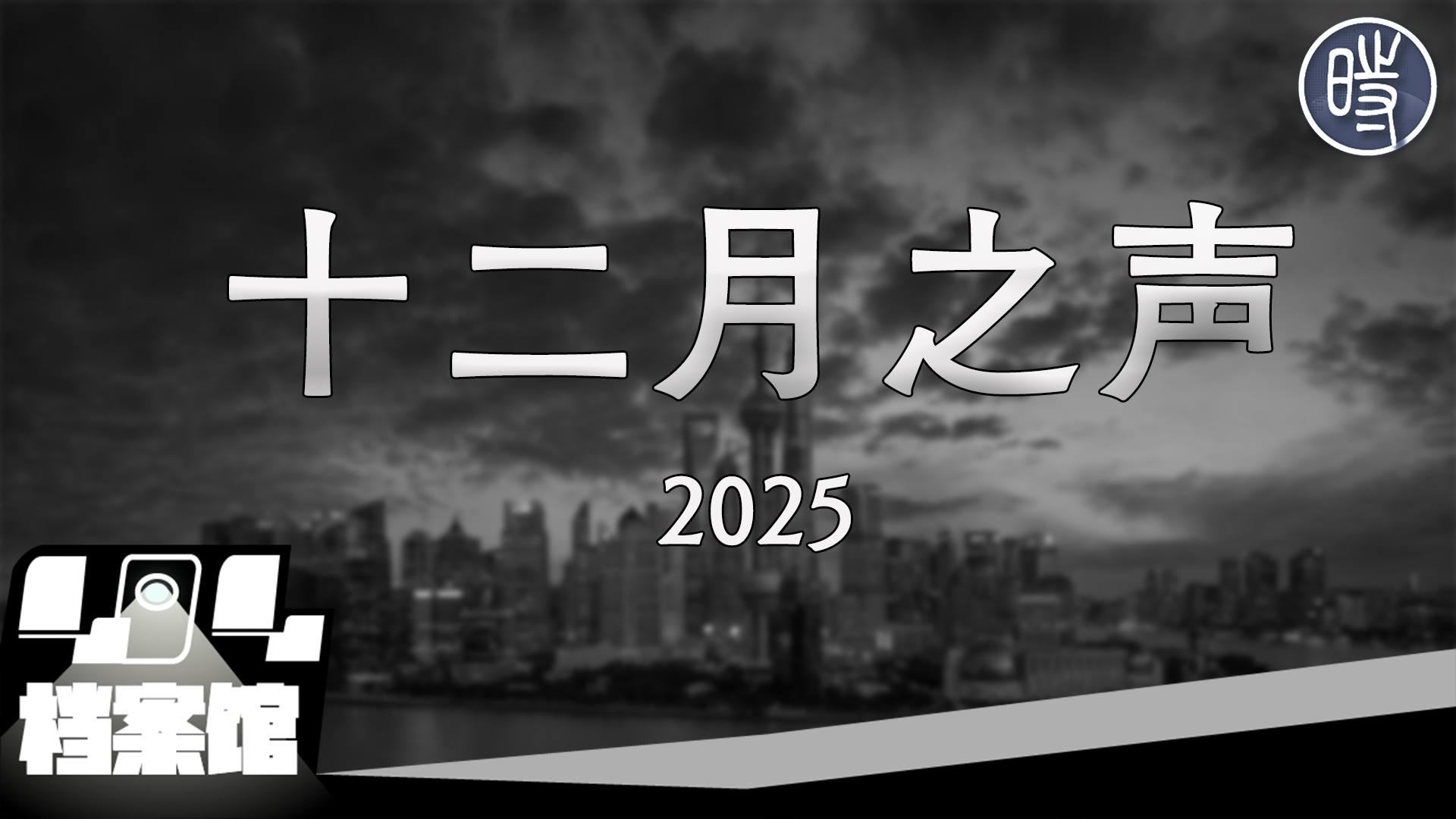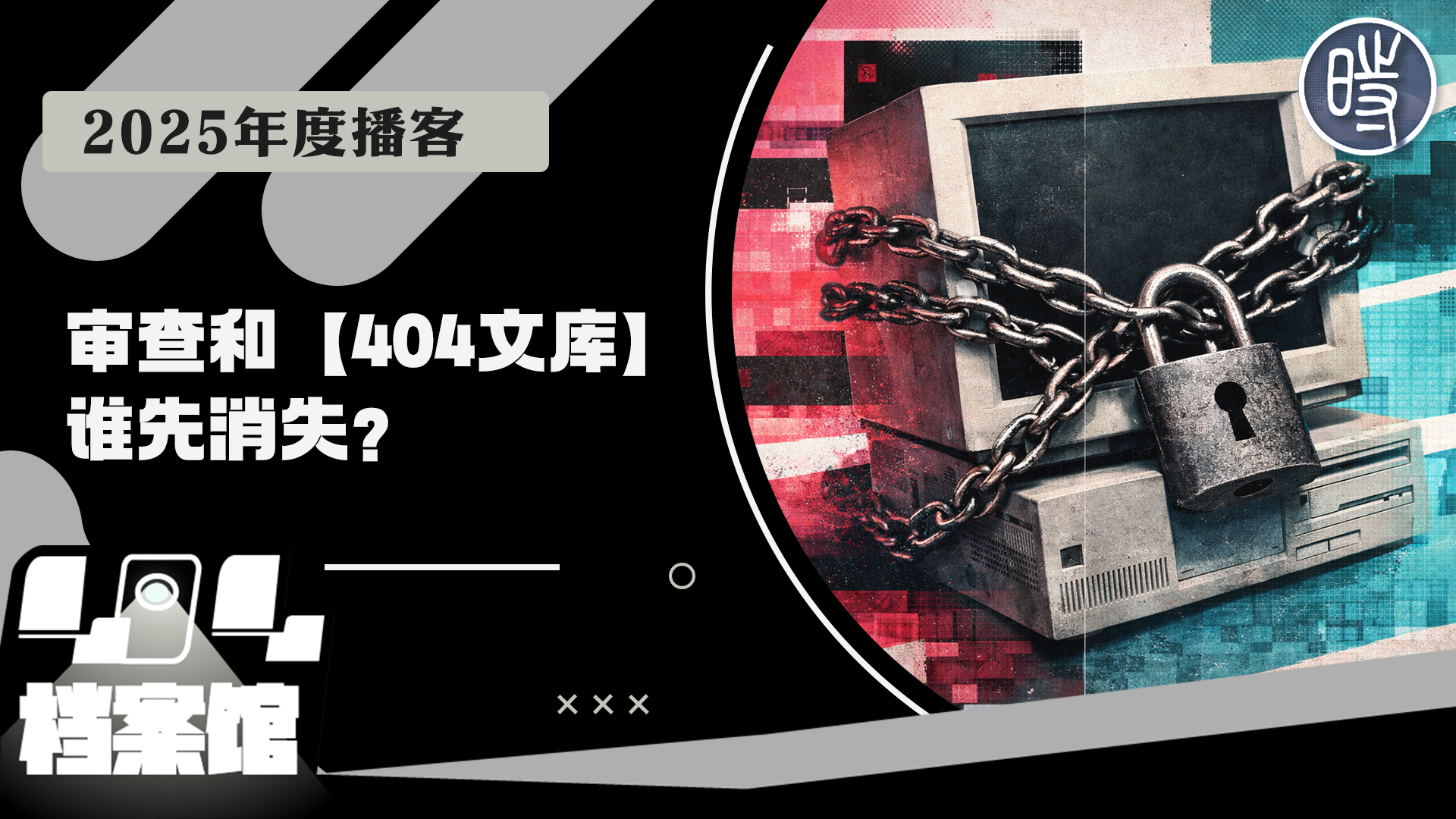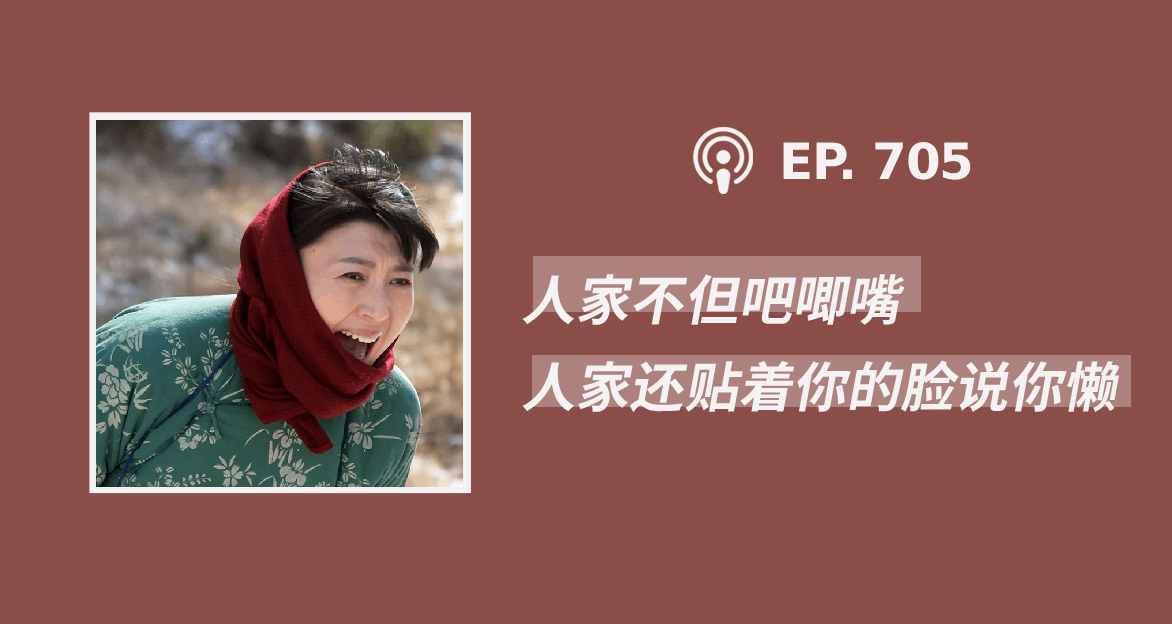译者 carrieshen
A Stone With Sharp Edges
棱角锋利的石头
Frustrated with his work as a television cameraman in his hometown, Dandong, on the frigid border with North Korea, Mr. Zhao’s way out was a one-year fellowship to the venerable Beijing Film Academy, where directors like Zhang Yimou and Chen Kaige had trained.
赵亮的家乡在丹东,邻近北朝鲜寒冷的边界上,他在丹东当电视摄影师当得很失意,于是到神圣的北京电影学院进修一年,这也是像张艺谋、陈凯歌这样的导演学习的地方。
At screenings, Mr. Zhao became exposed to the works of foreign directors whose slow, methodical styles greatly influenced him. His favorite was Andrei Tarkovsky, the Soviet director.
通过观影,赵亮渐渐接触到国外导演们的大作,其舒缓、有条不紊的风格对他影响巨大。他最喜爱的导演是前苏联的安德烈·塔可夫斯基。
“The Russians, that culture, they really respect knowledge, they respect art,” he said. “You can feel that the intellectuals of that culture are tough. They have backbone. They really are thinking of their people. ”
“他们俄国人,他们的文化,是真的尊重学识,尊重艺术,”赵亮说:“你能感觉到此种文化下的知识分子,他们的骨头很硬,脊梁笔挺。他们真的是想民众之所想。”
“A culture like that, with that kind of intellectual, there’s hope,” he added. “China, the way China is, you hardly see people like that.”
”有这样的知识分子,这样的文化氛围,国家就有希望,”他说:“中国,在中国,你很难遇到这样的人。”
In 1996, Mr. Zhao began taking his camera to a shantytown in Beijing called the Petitioners’ Village, where people with grievances from all over the country camp out while trying to plead their case at the central petition office. It is a Sisyphean mission, and a dangerous one: the system encourages security officers to abduct and punish the petitioners. Mr. Zhao shot 500 hours of footage, sometimes using hidden cameras inside the petition office.
从1996年开始,赵亮拿着摄像机去到北京一处叫”上访村”的贫民区,有来自全国各地遭遇不平的人在那儿扎营,他们试图在中央上访办讨个说法。这是个永远走不到头的使命,也是个危险的使命:体系怂恿安保人员劫持并惩罚上访者。赵亮拍摄的镜头长达500小时,有时在上访办公室里采用隐蔽拍摄。
The central story line of “Petition” follows the emotional toll that injustice takes on a woman and her daughter. In another story line, two petitioners are killed when they accidentally run into the path of an oncoming train while fleeing security officers. Fellow petitioners collect their body parts and call for the ouster of the Communist Party.
《上访》的主线投向一位遭遇不公的妇人和她的女儿,纪录了她们精神上所受的打击。在另一条故事线中,两名上访人为逃避安保官员,仓皇间跑入火车轨道,被迎面而来的火车撞死。同是上访的人搜集了两位的残肢,喊着政党下台。
“I remember quite clearly one of my middle-school teachers telling me that I was a stone with sharp, jagged edges, but that I would turn into a smooth river stone as I grew older,” Mr. Zhao said. “During the years while I was making this film, I felt like I was getting sharper and sharper instead.”
“我记得很清楚一位中学老师说过,我是个棱角尖利的石头,不过随着年龄的增长,我会变成光滑的鹅卵石。,”赵亮说:“拍摄〈上访〉的数年里,我感觉自己的棱角非但没有磨光,而是更锋利了。”
Mr. Zhao said he never considered registering the film with the State Administration of Radio, Film and Television, also known as Sarft, the main regulator and censor of films. (Last year, 526 films it had approved were made.)
他说根本没考虑过拿电影去广电总局送审。(去年,526部获批的电影拍摄出来。)
All the while, Mr. Zhao took on various cameraman jobs and put on exhibitions of his photography and art videos. He met Ai Weiwei when they both exhibited at a show in Finland. After the death of Ai Qing, Mr. Ai’s father and a famous poet, Mr. Zhao sat in the hearse with his friend as it drove past Tiananmen Square. In the early 2000s, when Mr. Zhao was at a low point, Mr. Ai lent him $750. Mr. Zhao called Mr. Ai when he believed officers were following him during the filming of “Petition”: “Weiwei, if one day I disappear, you have to come find me,” he said.
一直以来,赵亮接各种摄影师的活干,办自己的图片展和录像展。在芬兰的一个秀场,他遇见同来参展的艾未未。艾未未的父亲,著名诗人艾青去世后,灵车开过天安门广场,车上坐着赵亮和他的朋友。00年代初,赵亮在低谷时艾未未借给他750美元。拍〈上访〉时意识到被官方跟踪,他给艾未未打电话:“未未,如果哪天我消失了,你得找我。”
“Petition” eventually got financing from European investors, and Mr. Zhao finished a two-hour edit in 2009 in Paris. It was screened at Cannes in May. Variety called it “an unblinking record of human suffering.”
〈上访〉最终获得欧洲投资商的资金,09年赵亮在巴黎完成片长两小时的剪接,五月在戛纳电影节上映。许多人称它为“关注人类受难的无畏作品。”
Chinese journalists reporting on Cannes for state news organizations shunned the film. “There were reporters who booked interviews with me before the screening, but they all ran away afterwards,” Mr. Zhao said. The Chinese authorities swung into action: police officers began looking for Mr. Zhao, and friends warned him to lie low, prompting the trip to Tibet. Meanwhile, censors blocked any mention of “Petition” on Douban, an arts social networking site.
为国内新闻机构报道电影节的中国记者避开了这部电影。“上映前有记者预约采访,不过之后都躲开了,”赵亮说。国内权威部门行动了:警察开始寻找赵亮,朋友们告诫他藏起来,促他进藏。同时,审查员封锁了豆瓣网上所有关于〈上访〉的话题。
“I heard some rumblings,” Mr. Zhao said. “I was really pretty nervous.”
“我听见隆隆的声响,”赵亮说:“非常紧张。”
Screenings of “Petition” had to take place in secret, which frustrated him. “I want Chinese to see the film and have a better understanding of the environment in which they live,” he told an audience this March when “Petition” was screened at the Kubrick Café in Hong Kong.
〈上访〉只能在地下放映,这让赵亮很沮丧。“我希望中国人可以看到〈上访〉,对他们身处的环境有更好的了解。”今年三月香港的壹角度咖啡店播放此片时,赵亮对一位观众说了以上的话。
Mr. Zhao left it to the film’s French producer to keep “Petition” on the festival circuit. Then, in July 2009, while in Bangkok, where his wife, who is Thai, and their two children live, he got a call from a friend, the well-known director Jia Zhangke. Mr. Jia said film bureau officials were demanding that the two of them withdraw their films from the Melbourne International Film Festival to boycott a documentary on Rebiya Kadeer, the Uighur businesswoman whom China blames for unrest in the Xinjiang region.
在戛纳时他把拷贝留给了影片在法国的制片人,以保证在电影周的播放。接下来在09年7月,他在曼谷接到朋友、著名导演贾樟柯的电话(赵亮的妻子是泰国人,与他们的两个孩子一起住在曼谷)。贾告诉他,电影局的官员要求他俩撤消各自参展墨尔本国际电影节的影片,以此抗议热比娅·卡德尔参展的一部纪录片,热比娅是维吾尔族的女实业家,中国因新疆暴乱责难她。
The two directors decided to pull out. “You’re a small figure, it’s scary, and you get stuck in a mess like this, in an international incident,” Mr. Zhao said. “Yeah, at the time I was pretty much, ‘Let’s think of me first.’ ”
两位导演决定退出。“你是个小人物,这很可怕,然后你被卷入如此凌乱的境况,有关国际事件,”赵亮说:“我承认,那时侯我想得最多的是,我们先考虑自己吧。“
The bottom line, as he put it, was this: “You still need to work in this country.”
他定下的底线是:“你仍需在这个国家工作。”
Mr. Zhao was surprised to find, when returning home shortly afterward, that official news organizations had made the two filmmakers into heroes in articles and newscasts. Mr. Zhao and “Petition” were actually mentioned by name. It was an upturn in Mr. Zhao’s relationship with the government, but not one he entirely welcomed. “I sort of felt like I had been used,” he said.
赵亮随即回国,发现官方新闻机构在文章和新闻广播中把两人塑造成了英雄。赵亮和他的〈上访〉均被提及。这是个转折点,此后他与政府的关系开始好转,不过没有一项是他完全欣然接受的。“我有点感觉被利用了。”他说。
本文由自动聚合程序取自网络,内容和观点不代表数字时代立场













